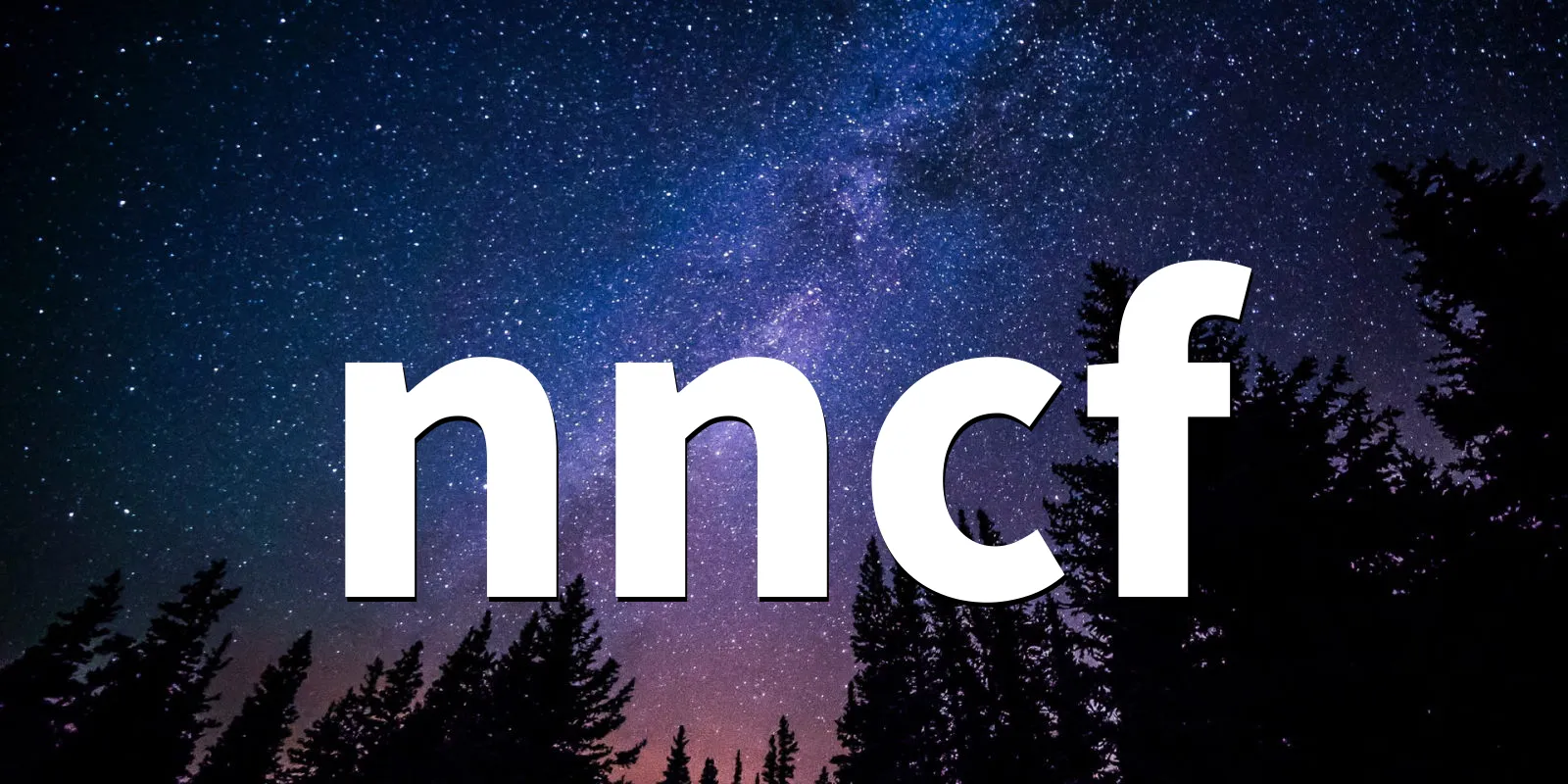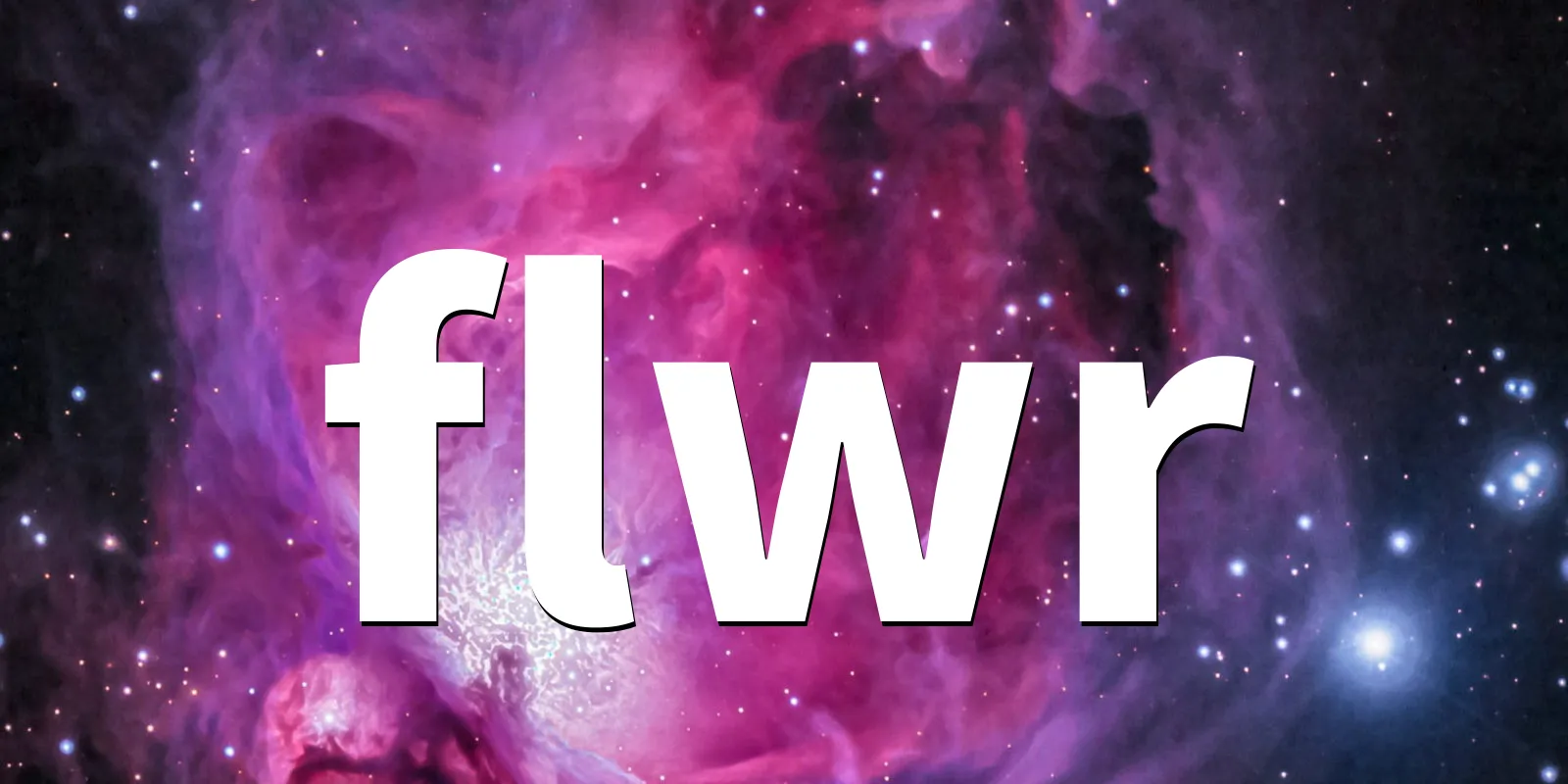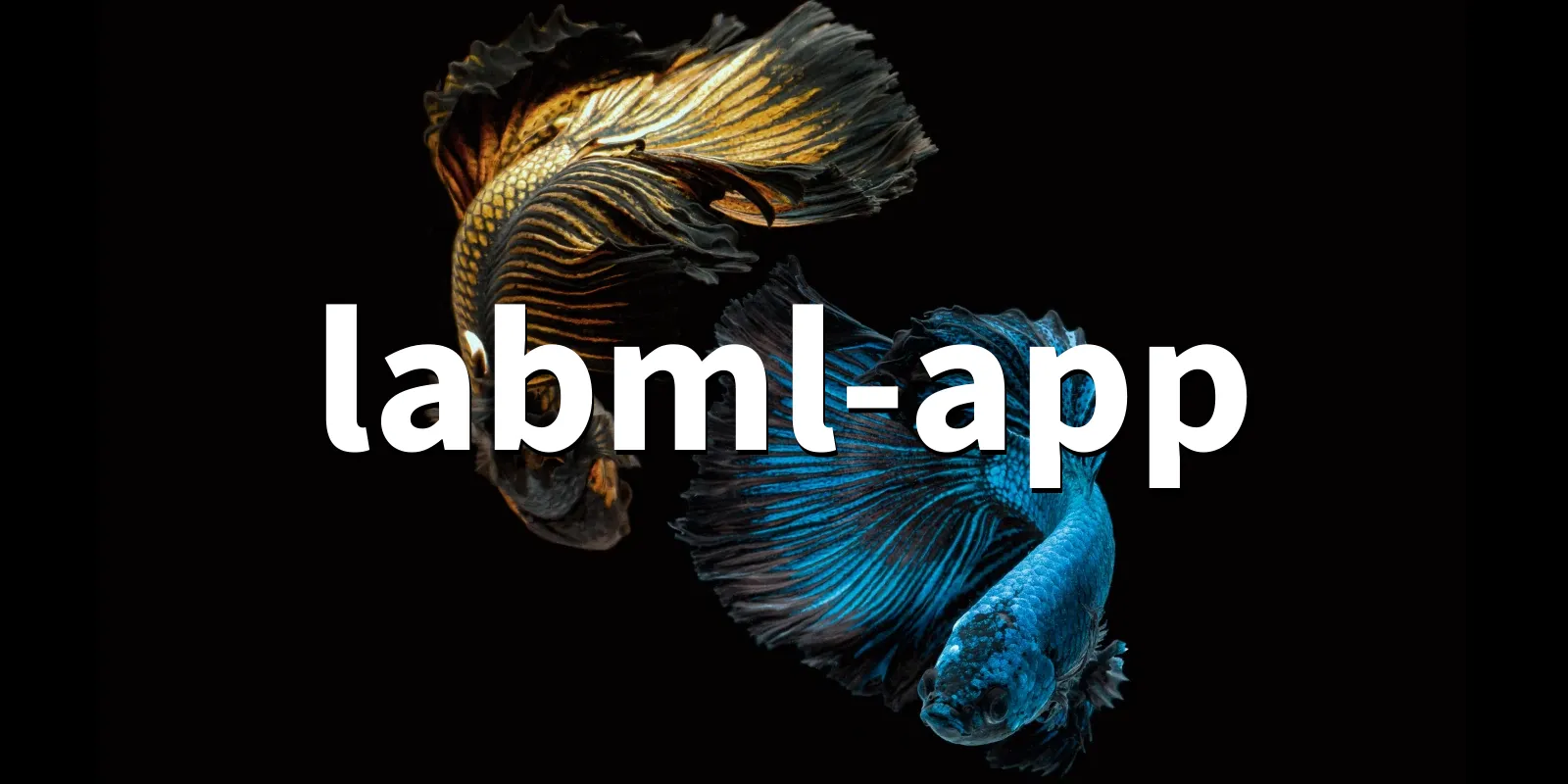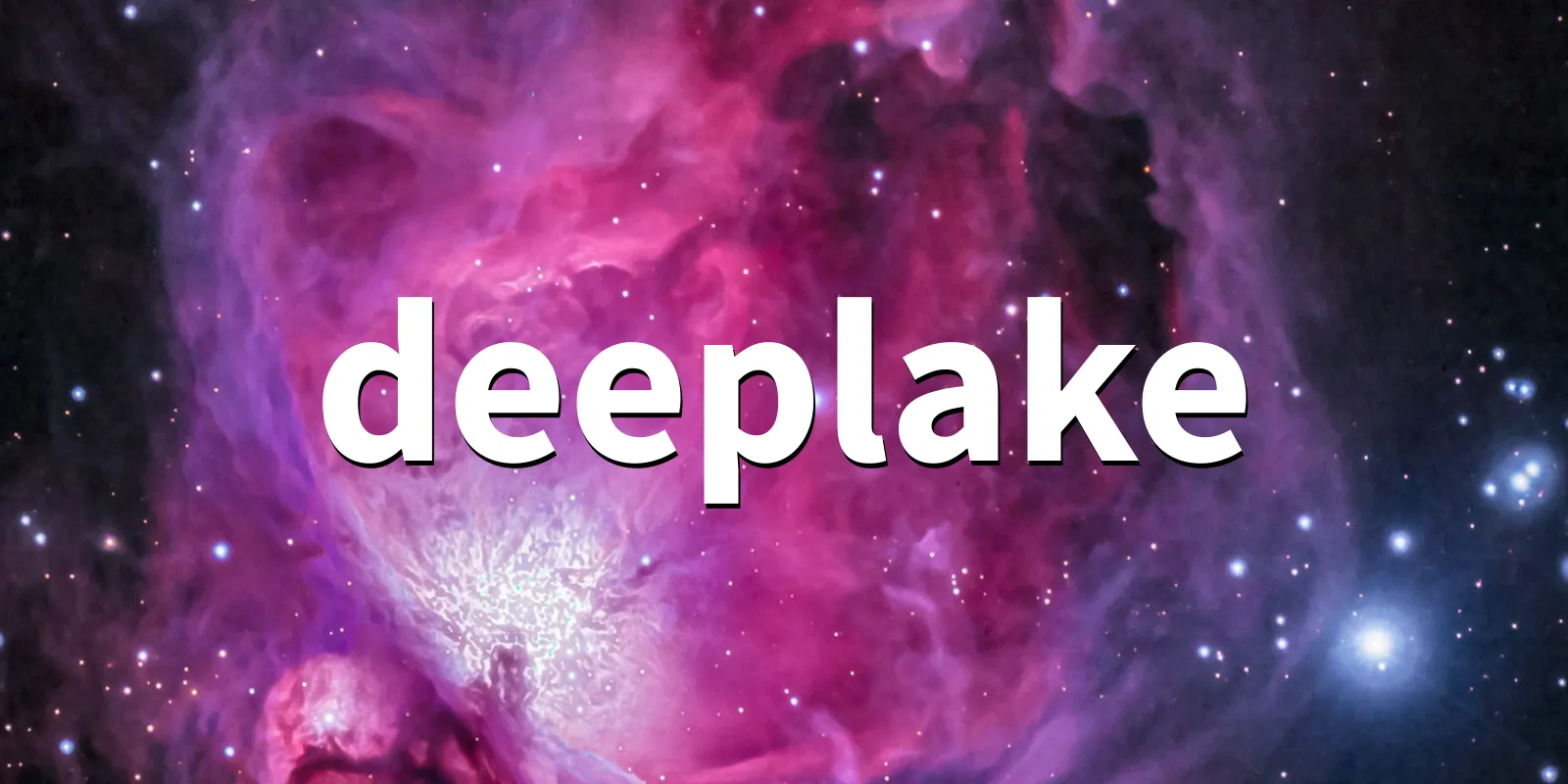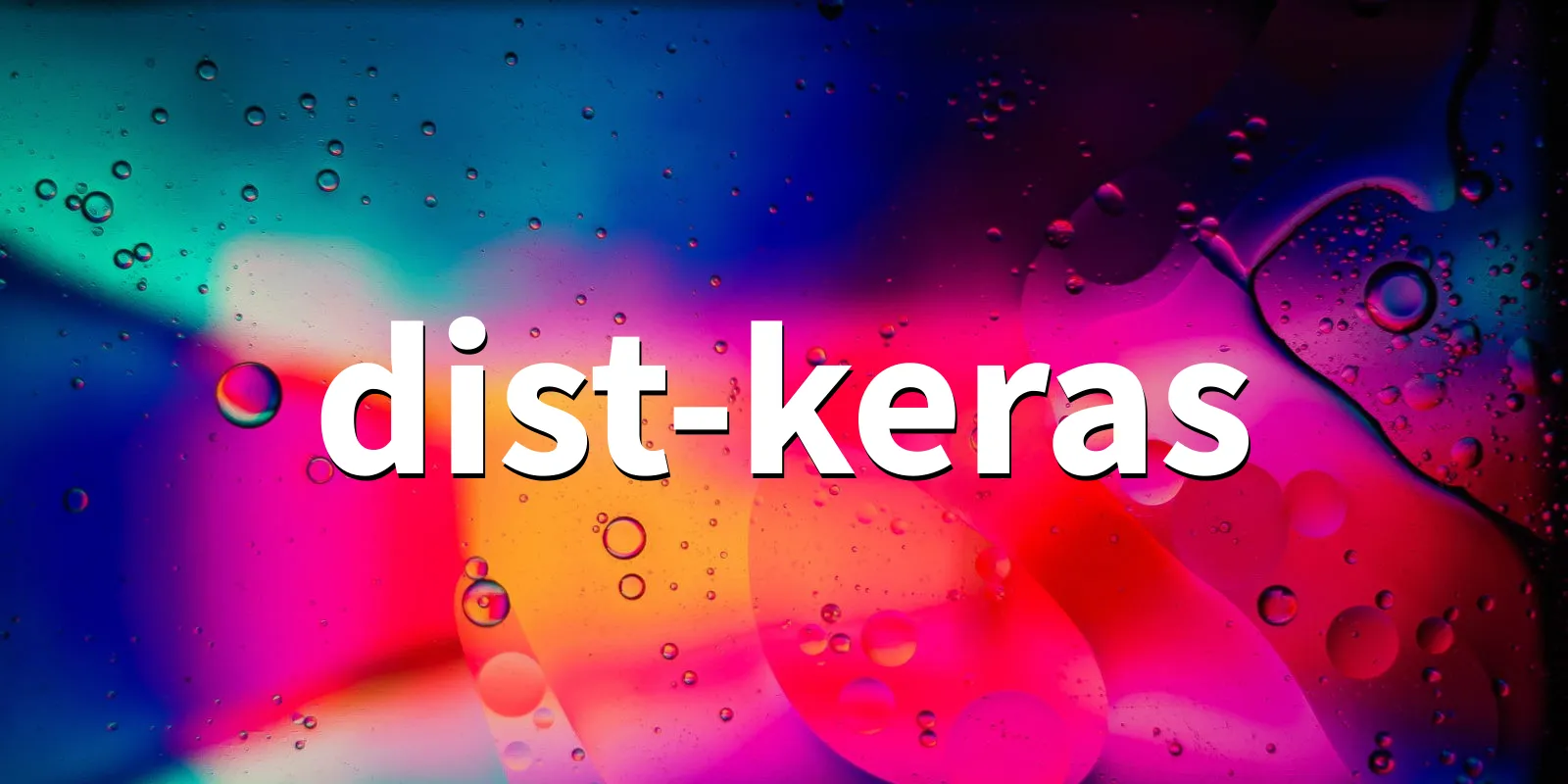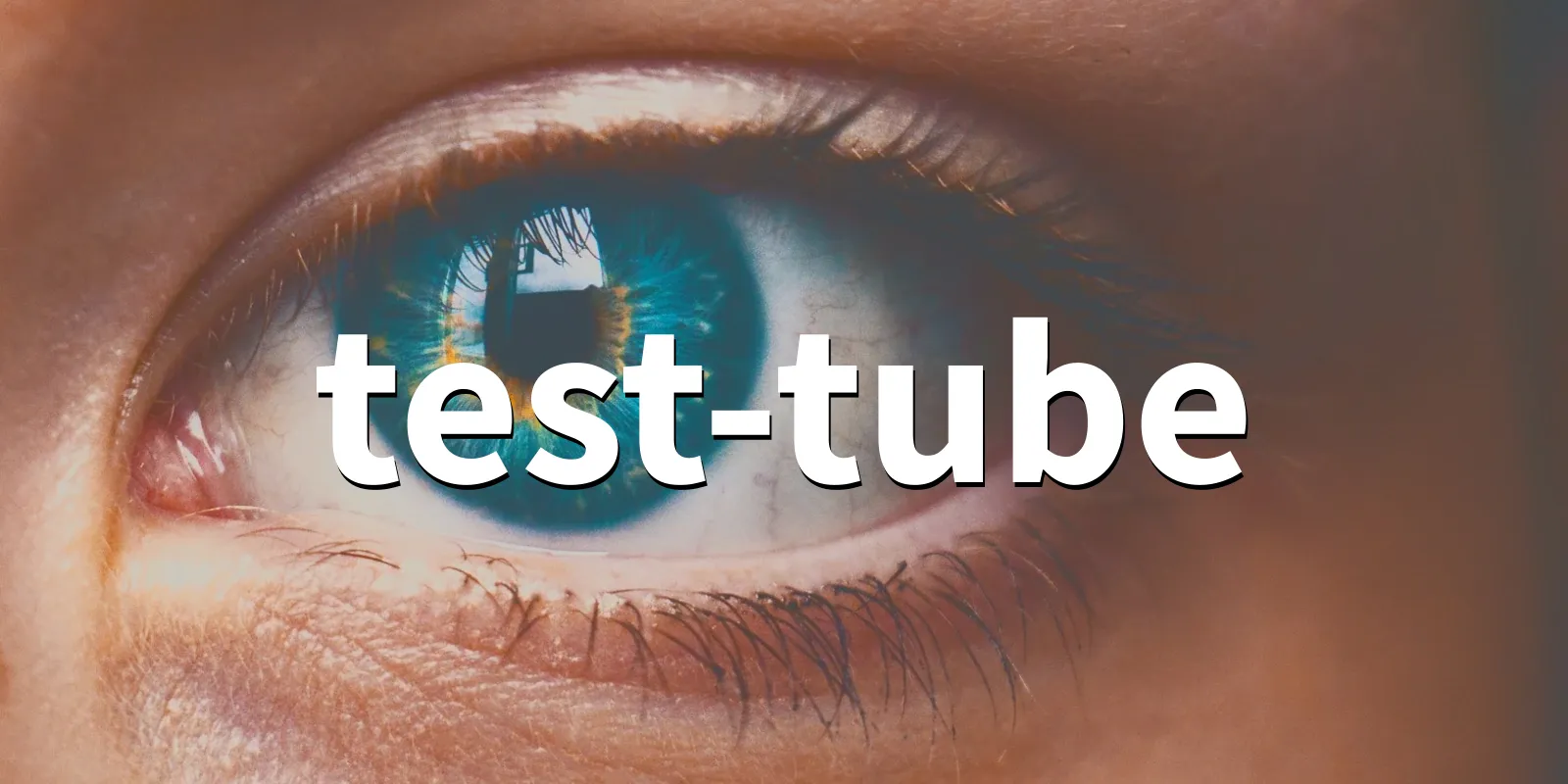
stardist 0.9.1
StarDist - Object Detection with Star-convex Shapes
StarDist is a Python package designed for object detection with star-convex shapes, particularly useful in microscopy. It provides implementations for both 2D and 3D images and uses a model trained to predict distances to the object boundary along fixed rays and object probabilities. These predictions produce an overcomplete set of candidate polygons for a given image, with the final result obtained via non-maximum suppression.
StarDist is compatible with Python 3.6 to 3.10, requires TensorFlow, and provides pre-trained models for 2D images and example workflows via Jupyter notebooks, making it a versatile tool for cell detection and segmentation in microscopy.
The stardist/stardist repo was created 6 years ago and the last code push was 1 weeks ago.
The project is popular with 904 github stars!
How to Install stardist
You can install stardist using pip
pip install stardist
or add it to a project with poetry
poetry add stardist
Package Details
- Author
- Uwe Schmidt, Martin Weigert
- License
- BSD-3-Clause
- Homepage
- https://github.com/stardist/stardist
- PyPi:
- https://pypi.org/project/stardist/
- GitHub Repo:
- https://github.com/stardist/stardist
Classifiers
- Scientific/Engineering
Related Packages
Errors
A list of common stardist errors.
Code Examples
Here are some stardist code examples and snippets.
GitHub Issues
The stardist package has 57 open issues on GitHub
- FIJI crashes when trying to process my 32kx32k stitched dapi-stained nuclei TIF
- Running stardist inside imagej, there is a problem importing the trained model
- Fiji crashing upon running trained Stardist model on Mac M1
- Macbook M2 failed to model3d.train with 'GPU'
- Replaced
from tqdm import tqdmwithfrom tqdm.auto import tqdm - Crashes when running predict_instances on a 3D image
- Problem with output segmentation with 2D_versatile_he
 pythonfix
pythonfix